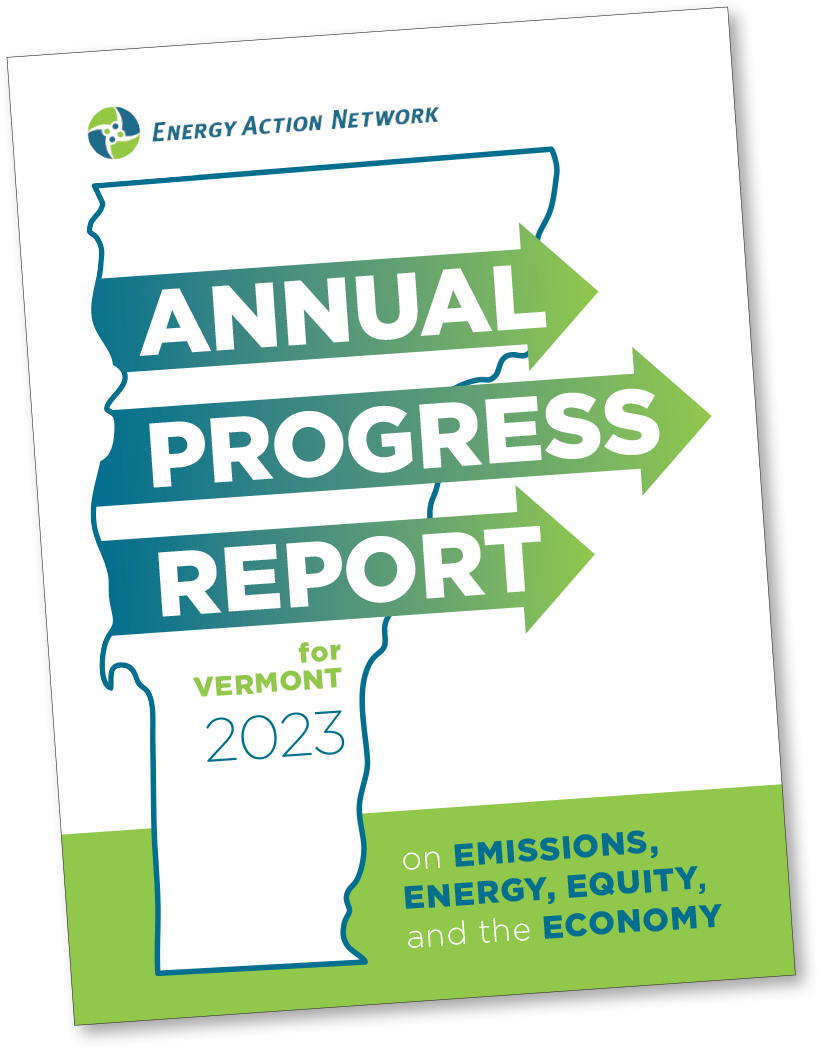by Ryan Lamberg and Peggy O’Neill-Vivanco
To help Vermont meet the requirements of the Global Warming Solutions Act, a proven approach worthy of consideration is a Clean Transportation Standard: a market-based program that lowers carbon and other emissions in the transportation sector. California enacted a clean transportation standard in 2011, Oregon in 2015, and Washington State followed suit in 2021. The policy assesses all fuels on a carbon intensity (CI) scale that measures their life-cycle emissions. Fuels that pollute more than the CI standard will generate deficits, and fuels cleaner than the standard will generate credits. The credits generated by low CI fuels will make it easier for Vermont businesses to move to electric or clean alternatives. Vermont’s dependence on liquid petroleum fuels will not end overnight. A Clean Transportation Standard can immediately reduce this dependence in our existing vehicles while driving innovations and adoption of electric vehicles. Petroleum importers are required to meet these tightening requirements.
The overview is available to view and download below.
[embeddoc url=”https://eanvt.org/wp-content/uploads/2022/11/EAN-cleantransp-fall2022_draftNov7-1.pdf” download=”all” viewer=”browser”]

